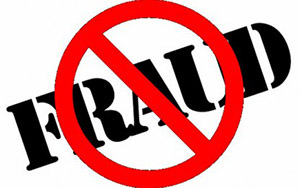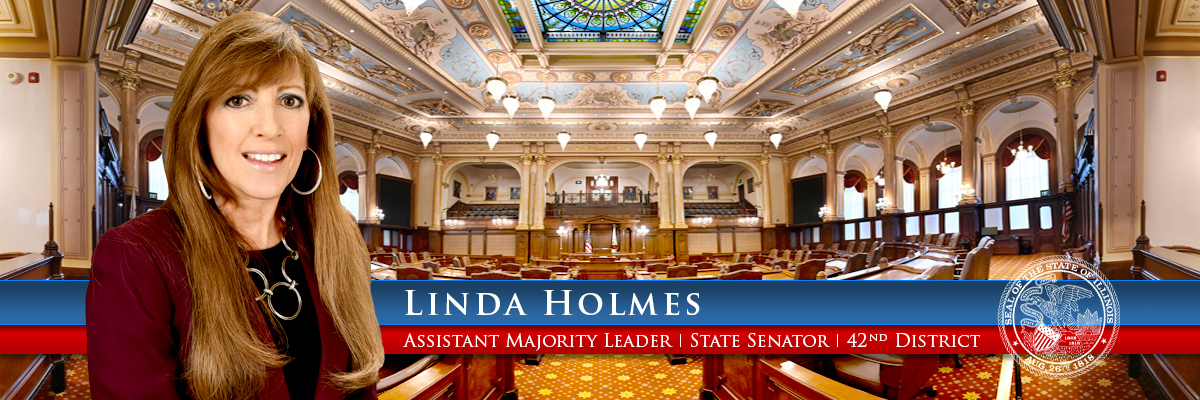- Details
- Category: New Releases
 SPRINGFIELD – State Senator Linda Holmes’ (D-Aurora) measure to curtail welfare abuse in Illinois passed the Senate today.
SPRINGFIELD – State Senator Linda Holmes’ (D-Aurora) measure to curtail welfare abuse in Illinois passed the Senate today.
“This proposal protects families in need who qualify for public assistance, like Supplemental Nutrition Program, Temporary Assistance for Needy Families and Aid to the Aged, Blind or Disabled,” Holmes said. “It will reduce the number of applicants being taken advantage of in completing or submitting an application for public assistance programs.”
The bill was introduced in response to a situation near Holmes’ district where an individual was soliciting their assistance in the benefit application process in exchange for a portion of those benefits.
- Details
- Category: New Releases
On Saturday, July 12, I am co-hosting a Mortgage Relief Project outreach event in Aurora.
This free event will explain ways to take advantage of programs that lower your mortgage, avoid foreclosure and keep your home.
Click on the flyer to the left for more information.
Click here for more information on what documentation to bring to this event.
- Details
- Category: New Releases
 AURORA – State Senator Linda Holmes (D-Aurora) received the Friend of Education Award on Saturday. The award is presented by the Illinois Education Association each year to legislators who display extraordinary commitment to promoting public education in Illinois.
AURORA – State Senator Linda Holmes (D-Aurora) received the Friend of Education Award on Saturday. The award is presented by the Illinois Education Association each year to legislators who display extraordinary commitment to promoting public education in Illinois.
“I am honored to receive the Friend of Education award from the IEA,” Holmes said. “It’s a testament to the work we have done together to ensure that every Illinois student receives a quality education.”
“Senator Holmes has been a tireless advocate for education and educators in Illinois,” IEA President Cinda Klickna said. “We thank her for her energy and commitment to supporting and improving Illinois schools.”
Photo Caption: Al Llorens, Secretary-Treasurer; State Senator Linda Holmes (D-Aurora); Kathi Griffin, Vice President; Cinda Klickna, President
- Details
- Category: New Releases
“This proposal would curtail the potentially devastating impact of micro-beads on the environment.” - State Linda Holmes (D-Aurora)
 SPRINGFIELD – Micro-beads, small, plastic spheres in personal care products, can cause serious environmental damage according to recent studies.
SPRINGFIELD – Micro-beads, small, plastic spheres in personal care products, can cause serious environmental damage according to recent studies.
A measure co-sponsored by State Senator Linda Holmes (D-Aurora), chair of the Senate Environment Committee, seeks to ban micro-beads in Illinois and reduce their environmental impact.
“Products with micro-beads can cause serious harm to fish and other wildlife,” Holmes said. “This proposal would curtail the potentially devastating impact of micro-beads on the environment.”
More Articles …
Page 89 of 96





